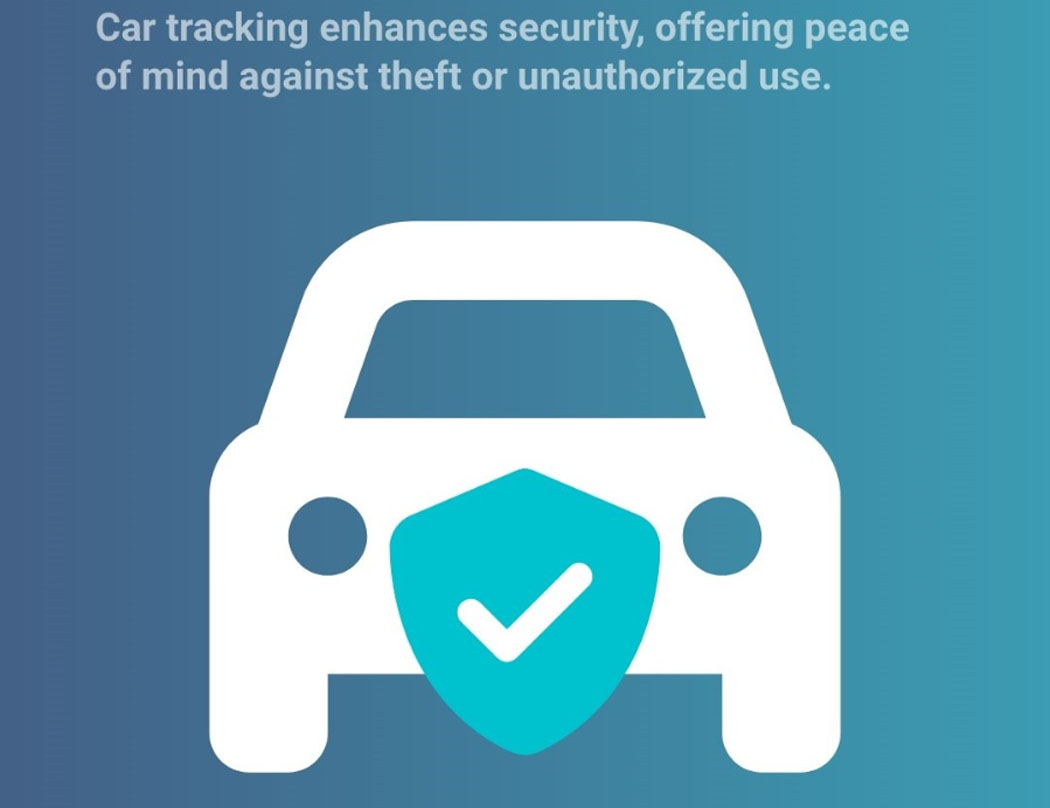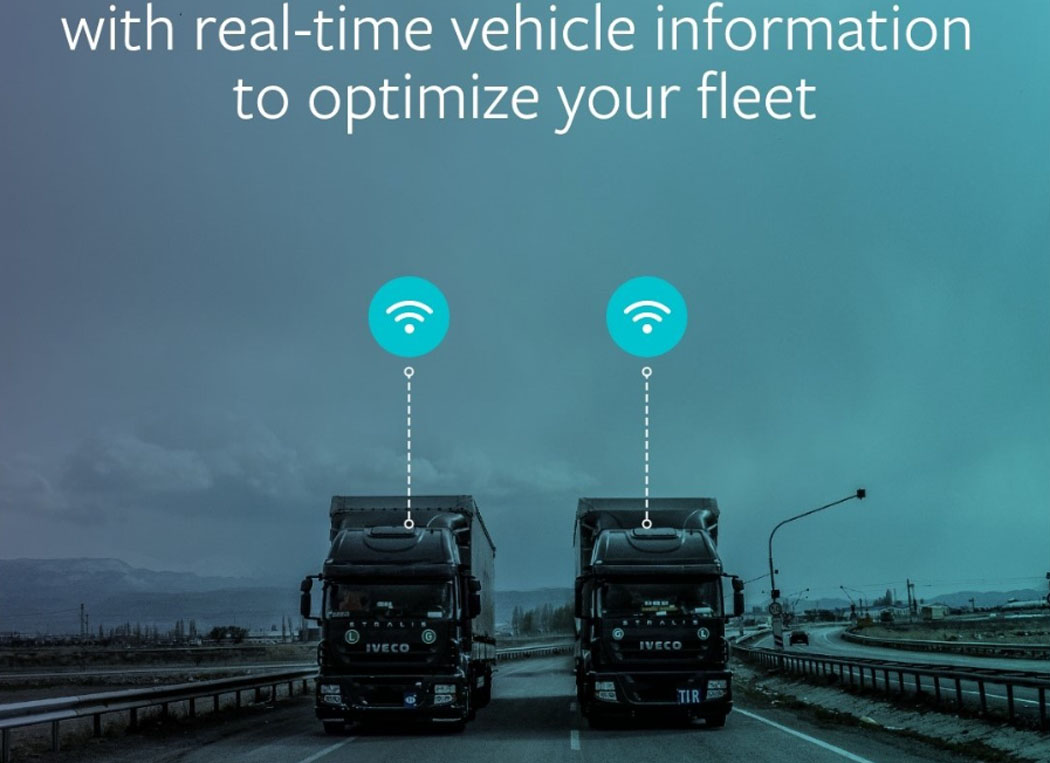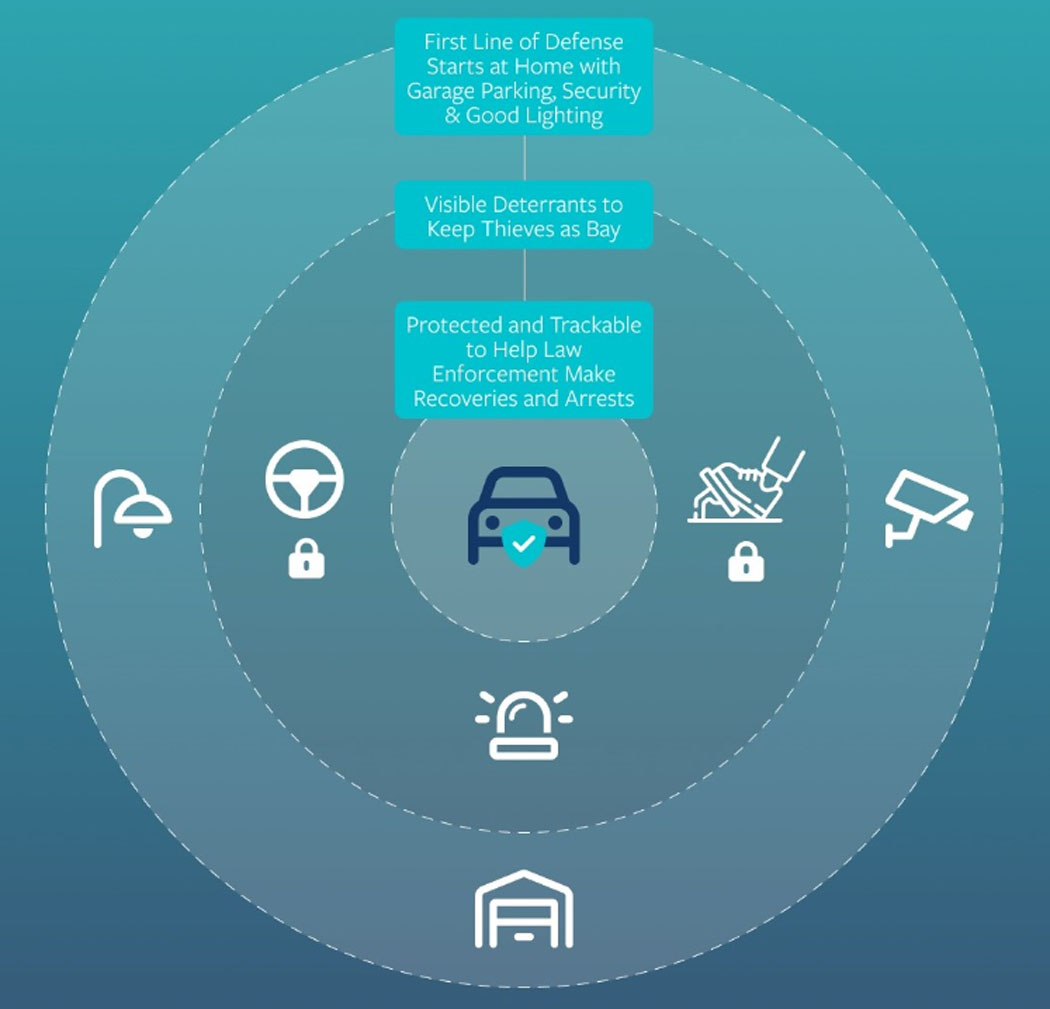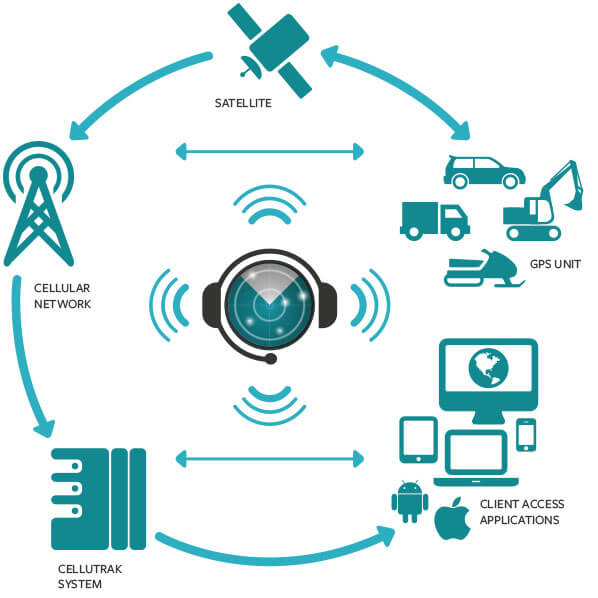![]()
The sharing economy has revolutionized the way we access goods and services. From renting apartments on Airbnb to finding a ride with Uber, peer-to-peer platforms connect users with a vast network of shared resources. Underpinning this convenience is a powerful technology: GPS tracking.
GPS tracking has evolved from a specialized military tool to a ubiquitous feature in our daily lives. The sharing economy has embraced this technology, integrating it into its core functionalities. But with great convenience comes great responsibility. Let's explore the benefits and drawbacks of GPS tracking in the sharing economy, and how we can strike a balance between security and convenience.
Benefits of GPS Tracking in the Sharing Economy
![]()
GPS tracking offers a multitude of advantages in the sharing economy, for both businesses and users.
Increased Safety

In economy-based settings, GPS tracking ensures delivery personnel take efficient routes, minimizing delivery times and fuel consumption. For rental services, it allows real-time location tracking of assets like cars or bicycles, deterring theft and facilitating recovery efforts (see our GPS asset tracking page for more information).
In the same vein, GPS car tracking and GPS heavy equipment theft prevention offer similar benefits, providing peace of mind, potentially reducing insurance premiums, and deterring theft of valuable assets.
Enhanced Accountability

Tracking worker performance in the sharing economy, such as the number of deliveries completed or tasks fulfilled, holds service providers accountable for maintaining quality standards. Similarly, users can track the quality of service received through features like rating systems.
This two-way accountability builds trust within the sharing economy ecosystem. However, considerations should be made to avoid potential discrimination. Tracking should focus on objective metrics related to task completion and not delve into personal information that could be misused.
Improved Efficiency
Geofencing, a specific application of GPS tracking, allows for automated actions based on location data. For example, in delivery services, geofencing can automatically trigger delivery fees upon entering designated zones.
In car-sharing platforms, geofencing can notify borrowers when a reserved car enters a designated pickup zone, streamlining the process. Overall, geofencing optimizes logistics and user experiences within the sharing economy.
Security Concerns and Potential Risks

While GPS tracking units offer undeniable benefits, it's crucial to acknowledge the security risks and privacy concerns it raises.
Privacy Issues
Constant location tracking raises significant privacy concerns. Users may be uncomfortable with the idea of their every move being monitored. Furthermore, data breaches are a constant threat, potentially exposing sensitive information and leading to identity theft.
The level of privacy concern can vary depending on the context. For instance, users may be more comfortable with location tracking during a specific delivery than with constant monitoring throughout the day.
Stalking and Misuse
The potential for misuse of location data is a serious concern. Malicious actors could stalk users or exploit vulnerabilities to gain access to personal information. Even service providers themselves, or law enforcement with overreaching access, could potentially misuse this data.
Countermeasures need to be implemented to address these threats. Strong data encryption protocols and limitations on data access can help safeguard user privacy. Additionally, regulatory frameworks should clearly define the boundaries for law enforcement access to user data. It is essential to select a GPS tracking provider that is credible and has experience in different industries.
False Sense of Security
Over-reliance on GPS tracking can lead to a false sense of security, causing users to become less vigilant and potentially engage in riskier behavior. For example, a rider relying solely on GPS tracking in a carpooling service may be less attentive to their surroundings. It's important to emphasize that GPS tracking is a valuable tool, but it should not replace personal responsibility and situational awareness.
Striking a Balance: Solutions and Recommendations
![]()
The key to harnessing the full potential of GPS tracking in the sharing economy lies in striking a balance between convenience and security. Here are some recommendations:
Transparency and User Control
Clear and concise data privacy policies should be readily available to users. These policies should outline what data is collected, how it's used, and how users can control their privacy settings. User-friendly interfaces should allow users to easily access and manage their location tracking preferences.
Strong Data Security Practices
Sharing economy platforms need to implement robust security measures like multi-factor authentication and data encryption to protect user information. Regular security audits and penetration testing are essential to identify and address any vulnerabilities in their systems. Following best practices for data storage and disposal is also crucial.
Make Privacy & Security a C-Suite Priority
Collaboration between industry stakeholders, governments, and privacy advocates is essential to develop and implement effective regulations for data privacy and security in the sharing economy. These regulations should strike a balance between fostering innovation and protecting user privacy.
User Training and Education
Promoting user education on responsible data practices within the sharing economy can empower users to make informed choices and protect their information. Cellutrak offers a comprehensive suite of GPS tracking solutions that are feature-rich, making user training essential.
Proper training ensures that users can fully utilize the features while maintaining high-security standards. By providing clear and accessible resources on data privacy settings and best practices, Cellutrak helps users navigate the complexities of GPS tracking technology effectively for multi-industry requirements.
The Road Ahead: Adapting and Educating
The dynamic nature of technology demands constant adaptation. Sharing economy platforms need to continuously update their security measures to stay ahead of evolving threats. Regular security assessments and a commitment to continuous improvement are essential.
By prioritizing transparency, implementing robust security practices, and collaborating on responsible regulations, we can ensure that GPS tracking fuels growth and convenience in the sharing economy, all while safeguarding user privacy and security.
In conclusion, GPS tracking presents a powerful tool for the sharing economy, but its benefits must be weighed against potential security risks. By prioritizing user privacy, implementing robust security measures, and fostering responsible practices, we can unlock the full potential of GPS tracking while ensuring a safe and secure sharing economy for everyone.
For businesses looking to implement robust GPS tracking solutions while prioritizing user privacy, we at Cellutrak offer a suite of secure tracking devices and data management services.



